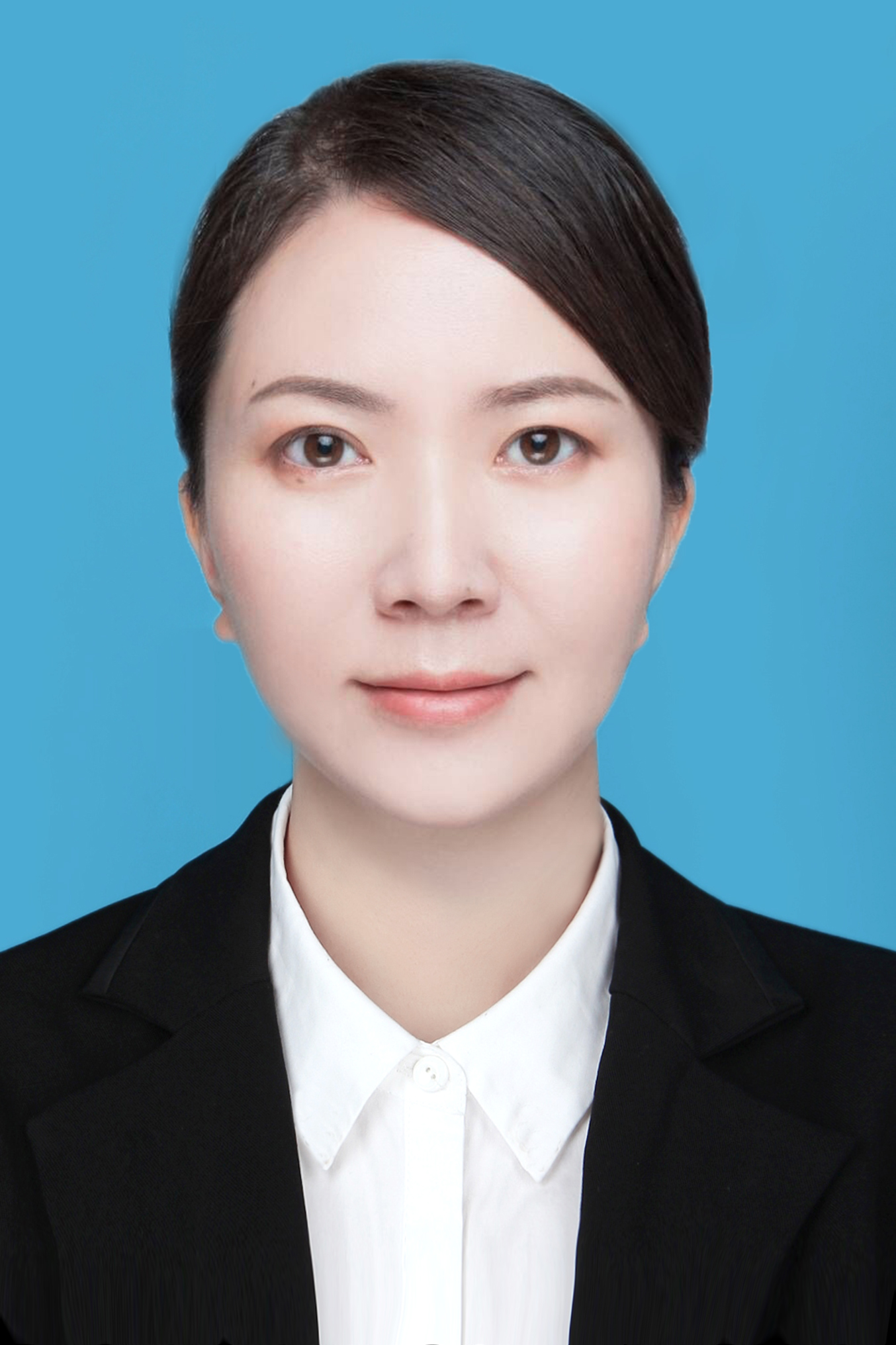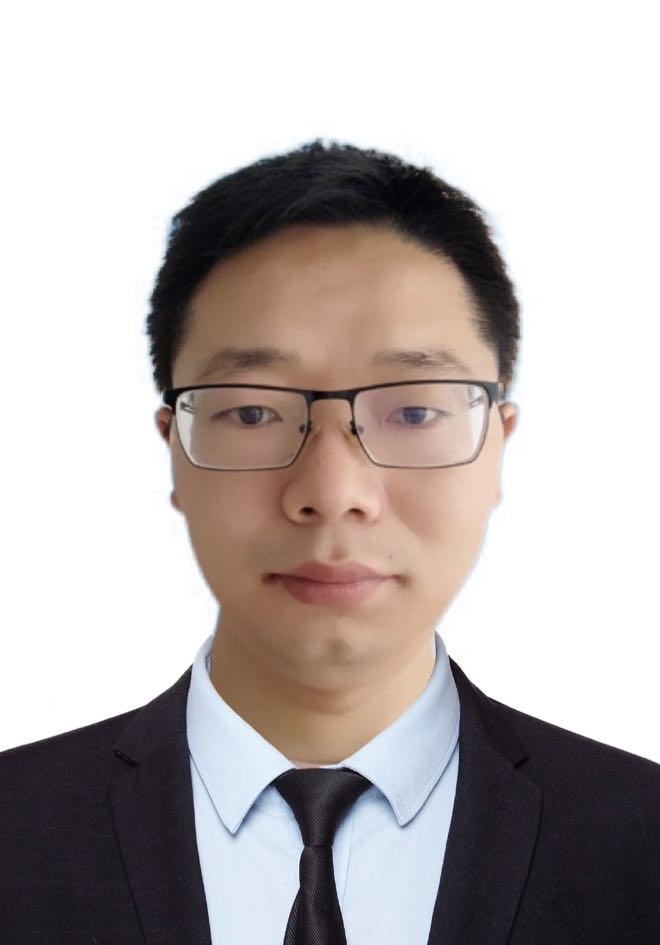CEC'25 Competition:
Dynamic Multiobjective Optimisation
2025 IEEE Congress on Evolutionary Computation (CEC 2025)
Conference dates: July 8th to 12th 2025
Hangzhou, China
Organizers
Juan Zou
Xiangtan University, China
Shouyong Jiang
Central South University, China
Zhanglu Hou
Xiangtan University, China
Xiaozhong Yu
Xiangtan University, China
Yaru Hu
Xiangtan University, China
Shengxiang Yang
De Montfort University, UK
Introduction
The past decade has witnessed a growing amount of research interest in dynamic multiobjective optimisation, a challenging yet very important topic that deals with problems with multi-objective and time-varying properties. Due to the presence of dynamics, DMOPs are inherently more complex and challenging than static multiobjective problems, posing significant difficulties for evolutionary algorithms (EAs) in solving them. Generally speaking, DMOPs pose at least three main challenges. First, environmental changes are difficult to detect and, if undetected, can mislead the search process, as nondominated solutions found for the previous environment may no longer be valid in the current one. Second, diversity, the key driving force of population-based algorithms, is highly sensitive to dynamics. The dynamic nature of DMOPs, characterized by irregular changes, multimodality, and discrete Pareto optimal sets (PSs) or fronts (PFs), significantly complicates the optimisation process. Finally, the response time for environmental changes is often tight for algorithms. The time constraints on DMOPs require algorithms to strike a balance between diversity and convergence, enabling them to promptly handle environmental changes and closely track time-varying PSs or PFs. These challenges highlight the imperative to introduce more complex and comprehensive test problems, thereby fostering the development of innovative methodologies to tackle them.
Benchmark problems are of great importance to algorithm analysis, which helps algorithm designers and practitioners to better understand the strengths and weaknesses of evolutionary algorithms. In dynamic multi-objective optimisation, there exist several widely used test suites, including FDA, dMOP and JY. However, these problem suites simplify the complexity of variations in real-world problems and only represent certain aspects of actual scenarios. For example, the FDA and dMOP functions have no detection difficulty for algorithms. Environmental changes involved in these problems can be easily detected with one re-evaluation of a random population member. Real-life environmental changes should not be so simple. It has also been recognised that most existing DMOPs are a direct modification of popular static test suites, e.g. ZDT and DTLZ. As a result, the DMOPs are more or less the same regarding their problem properties, and therefore are of limited use when a comprehensive algorithm analysis is pursued. Furthermore, another worrying characteristic of most existing DMOPs is that static problem properties overweigh too much dynamics. A problem property (e.g. strong variable dependency) that is challenging for static multiobjective optimisation may not be a good candidate for dynamic multiobjective optimisation. One reason for this is that a failure of algorithms for DMOPs is not due to the presence of dynamics, but rather the static property. It is therefore likely to get a misleading conclusion on the performance of algorithms when such DMOPs are used. Additionally, most benchmark designs are based on the assumption that the environments before and after the change are similar. However, in real-world scenarios, many DMOPs involve irregular environmental changes. In such cases, the search directions used by EAs for the current environment may not be suitable for the new environment, especially when the true PS of the new environment significantly deviates from, and in the worst case even points in the opposite direction to, that of the current environment. In a nutshell, a set of diverse and unbiased benchmark test problems for a systematic study of evolutionary algorithms are greatly needed in the area.
Competition Guideline
In this competition, a total of 20 benchmark functions are introduced, covering representative types of DMOPs (continuous, discrete, and constrained) with diverse properties found in various real-world scenarios, such as irregular changes of PS or PF, time-dependent PF/PS geometries, disconnectivity, degeneration, detectability, and a changing number of decision variables and/or objective functions. Through suggesting a set of benchmark functions with a good representation of various real-world scenarios, we aim to promote the research on evolutionary dynamic multiobjective optimisation. All the benchmark functions have been implemented in MATLAB code and/or C/C++ code.
The benchmarks used for competition are detailed in the following technical report (download here), which includes the necessary information to understand the problem, how the solutions are represented, and how the fitness function is evaluated. Please contact Dr Zhanglu Hou (zhanglhou@163.com) if you encounter any problem.
There are three tracks of competition, briefly described as follows:
Track 1: Dynamic Unconstrained Multi-Objective Optimisation
Track 2: Dynamic Constrained Multi-Objective Optimisation
Track 3: Dynamic Discrete Multi-Objective Optimisation
Please feel free to choose either one or multiple tracks for competition. However, you should make a separate submission for each track you have chosen.
J. Zou, S. Jiang, Z. Hou, X. Yu, Y. Hu and S. Yang, " Benchmark Problems for CEC’2025 Competition on Dynamic Multiobjective Optimisation," technical Report., China, January, 2025.
All the benchmark functions have been implemented in MATLAB code (download here). Source code for sampling on the PF is also provided (download here). Please note that, the sampled points of PF should be truncated properly to guarantee uniformity (the k-nearest neighbor method in SPEA2 could be used for this purpose). Your results of the competition can be submitted in the form of a brief technical report, which should be sent directly to Dr Zhanglu Hou. Submissions in both forms will be considered as entries, therefore be ranked according to the competition evaluation criteria.
Important dates
Entry submission:
June 15, 2025
Note: Please send your results directly to Dr Zhanglu Hou (zhanglhou@163.com)
Contact
Please feel free to contact us
Zhanglu Hou: zhanglhou@163.com
About the organizers
|
|
Juan Zou
Juan Zou is curretly a Professor in Computational Intelligence and Director of Hunan Engineering Research Center of Intelligent System Optimization and Security, Xiangtan University, Xiangtan, China. She has over 100 publications. Her current research interests include evolutionary and genetic algorithms, computational intelligence in dynamic and uncertain environments, neural network architecture search, and relevant real-world applications. She is an Associate Editor or Editorial Board Member of international journals, including IEEE Transctions Evolutionary Computation and Engineering Applications of Artificial Intelligence.
|
|
Shouyong Jiang is currently a Professor in at Department of Artificial Intelligence, School of Automation, Central South University. He has over 50 publications. His current research interests include evolutionary multiobjective optimisation in static and dynamic environments, machine learning, network modelling and analysis, and AI4Science. He served as an Associate Editor or Editorial Board Member of several journals, including CAAI Transactions on Information Technology, iMeta and Algorithms. He also organized serval special sessions and competitions on conferences, including CEC2023 Optimization Methods in BioInformatics and BioEngineering and CEC2018 Competition on Dynamic Multiobjective Optimization. He is the recipient of 2021 IEEE CIS Outstanding Dissertation Award in recognition of his contribution to the field of dynamic multiobjective optimization.
|
|
|
Zhanglu Hou is currently pursuing the Ph.D. degree at the School of Computer Science, Xiangtan University, Xiangtan, China. His current research interests include multi-objective optimisation,decision-making in uncertain and dynmaic environment systems, and their applications.
|
|
|
Xiaozhong Yu is currently pursuing the Ph.D. degree at the School of Computer Science, Xiangtan University, Xiangtan, China. Her current research interests include multi-objective optimisation, data-driven dynamic multi-objective optimization, and their related applications.
|
|
|
Yaru Hu is currently an Associate Professor of School of Computer Science, Xiangtan University, Xiangtan, China. She has over 25 publications and has received the 2024 Hunan Provincial Outstanding Dissertation Award in recognition of her contribution. Her current research include evolutionary multiobjective optimisation in static and dynamic environments, machine learning.
|
|
|
Shengxiang Yang got his PhD degree in 1999 from Northeastern University, China. He is now a Professor of Computational Intelligence (CI), Director of the Centre for Computational Intelligence, and Deputy Director of the Institute of Artificial Intelligence, De Montfort University, UK. He has worked extensively for 20 years in the areas of CI methods, including EC and artificial neural networks, and their applications for real-world problems. He has over 470 publications with a H-index of 76 and over 22,000 citations (Google Scholar). His work has been supported by UK research councils, EU FP7 and Horizon 2020, Chinese Ministry of Education, and industry partners, with a total funding of over £2M, of which two UK EPSRC standard research projects have been focused on EC for DOPs. He is now a Vice President of Asia Computational Intelligence Society (ACIS) and has served as an Associate Editor or Editorial Board Member of over ten international journals, including IEEE Transactions on Evolutionary Computation, IEEE Transactions on Cybernetics, Information Sciences, Enterprise Information Systems, and Soft Computing, etc. He was the founding chair of the Task Force on Intelligent Network Systems (TF-INS, 2012-2017) and the chair of the Task Force on EC in Dynamic and Uncertain Environments (ECiDUEs, 2011-2017) of the IEEE CI Society (CIS). He has organised/chaired over 70 workshops and special sessions relevant to ECiDUEs for several major international conferences. He was the founding co-chair of the IEEE Symposium on CI in Dynamic and Uncertain Environments. He has co-authored/co-edited three books, and co-edited over 10 proceedings and journal special issues. He has given over 30 invited keynote speeches or tutorials at international conferences and workshops.
|






